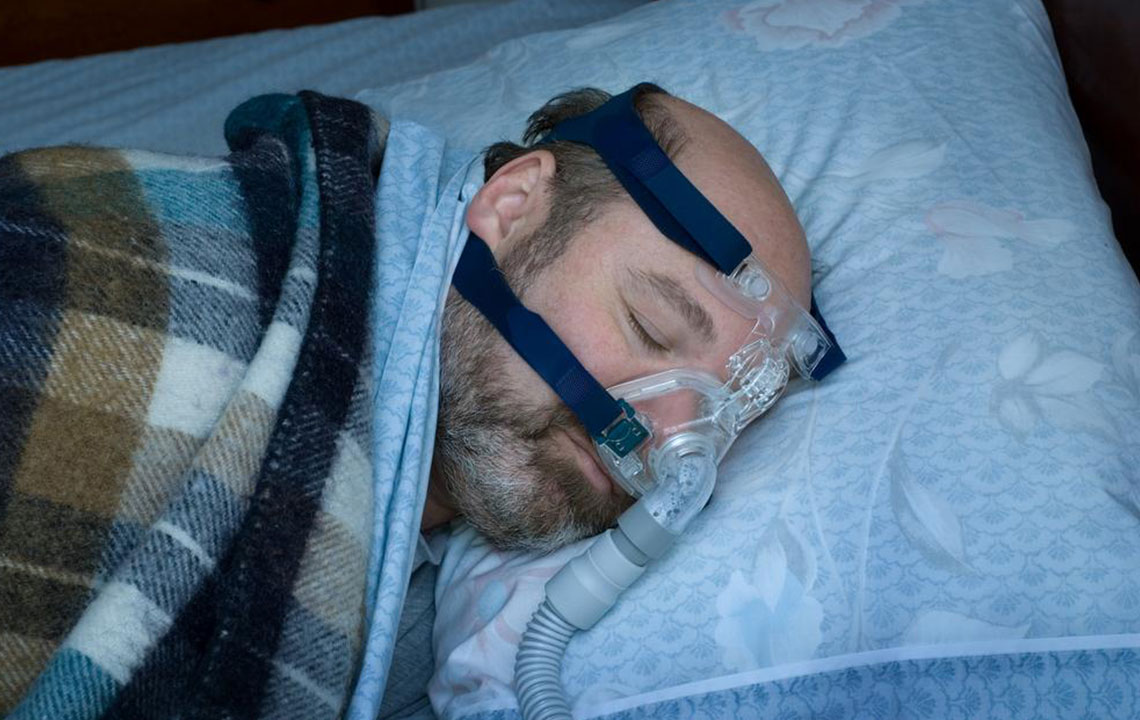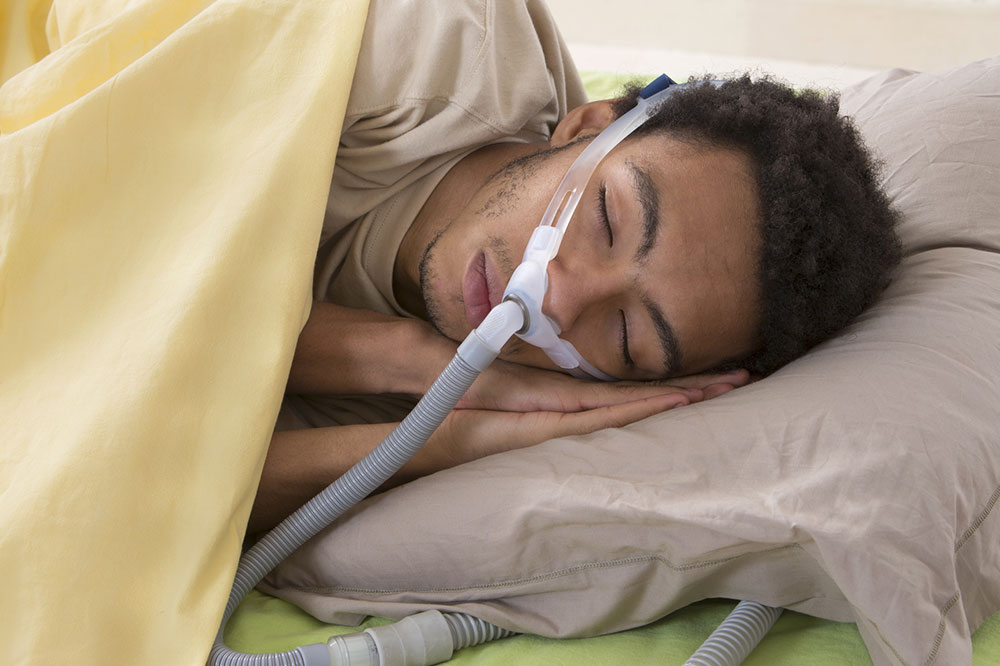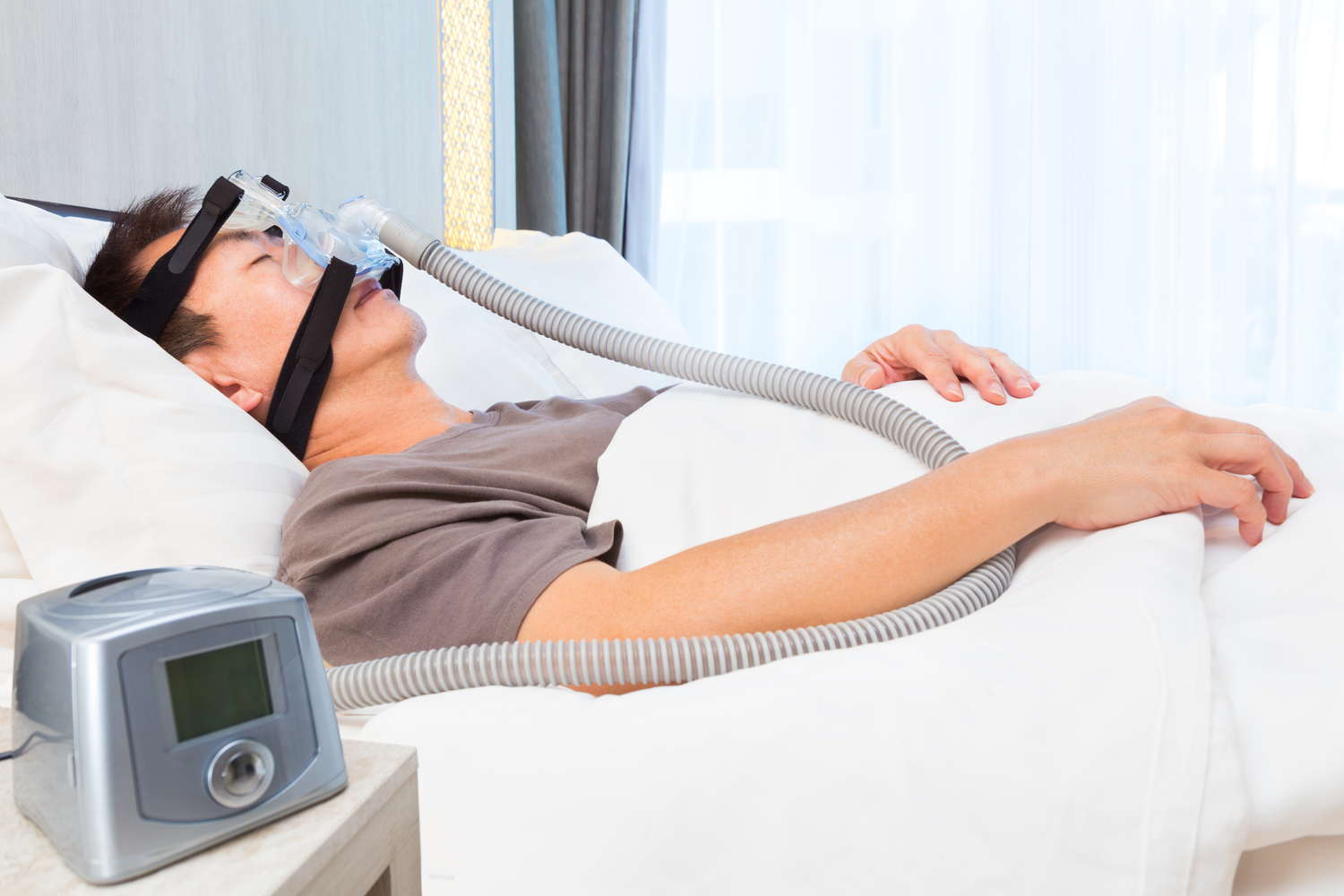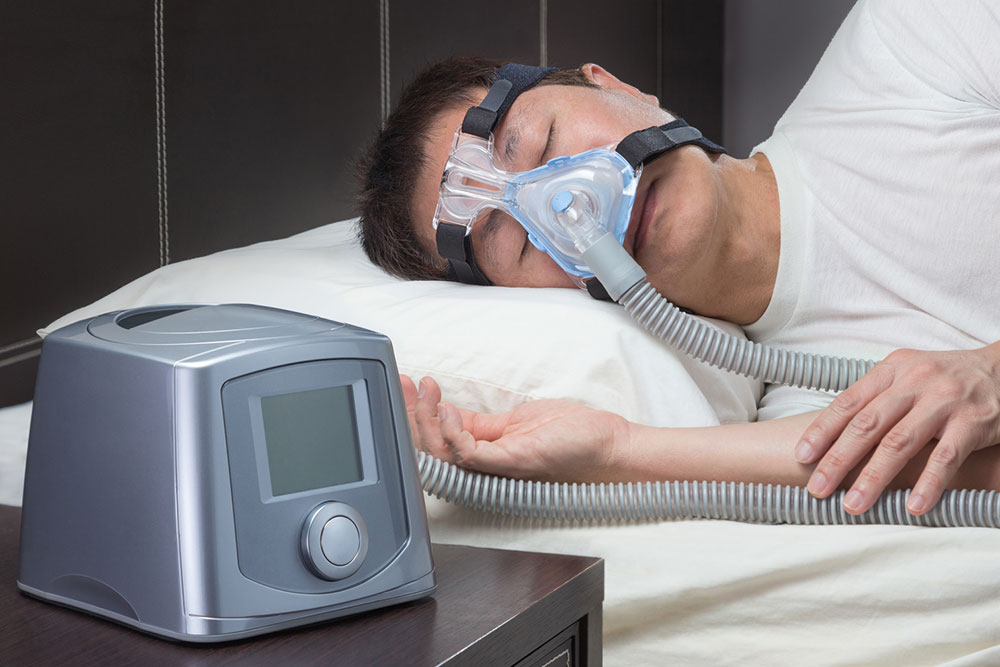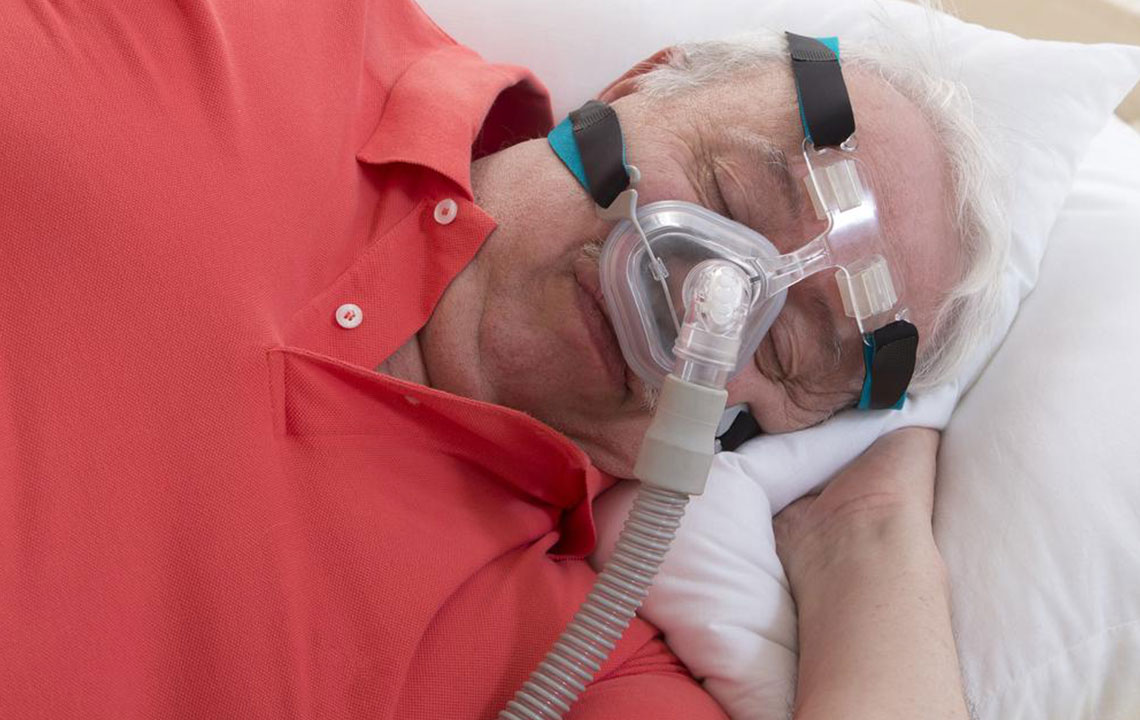Effective Strategies for Managing Sleep Disorders
Learn about effective treatments and lifestyle tips for managing sleep disorders. Discover the importance of proper diagnosis, personalized therapies like CBT-I, CPAP, and modern sleep tracking tools to improve sleep quality. Consult health professionals for tailored solutions to ensure restful nights and healthier days.

Effective Strategies for Managing Sleep Disorders
Quality sleep plays a critical role in maintaining overall health and daily functioning. A restful night starts the day energized and focused. Disruptions in sleep patterns, even briefly, can lead to daytime fatigue and health issues. In today's hurried lifestyle, addressing sleep problems is essential. If you experience persistent sleep issues, seek proper diagnosis and treatment to improve your sleep quality and overall well-being.
Common Approaches to Treat Sleep Disorders
• Consulting a healthcare professional is vital for correct diagnosis and effective treatment planning.
It is recommended to consult a team of specialists, including neurologists, psychiatrists, pulmonologists, dietitians, and sleep medicine experts, as underlying medical conditions may contribute to sleep issues.
• Establishing a consistent sleep routine, using comfortable bedding, and avoiding screen time before bed can promote better sleep.
• Avoid caffeine after evening hours and adopt relaxing activities such as outdoor sports or gentle swimming.
• Limiting vigorous physical activity late in the day and maintaining regular sleep-wake schedules are crucial. Morning exercise can also improve sleep quality. Avoiding daytime naps helps sustain proper sleep cycles.
• For sleep apnea, CPAP therapy is effective; severe cases might require surgical intervention.
• Sleepwalkers should be protected from potential injuries during episodes.
• Chronotherapy, which involves light phase adjustments, can help regulate sleep cycles, especially for those sensitive to light exposure.
• Cognitive Behavioral Therapy for Insomnia (CBT-I) is especially successful for short-term relief and can be combined with medications like zolpidem for enhanced results.
• Modern devices, such as sleep-tracking apps and wristbands with motion sensors, are valuable tools for monitoring sleep patterns, aiding discussions with healthcare providers.

